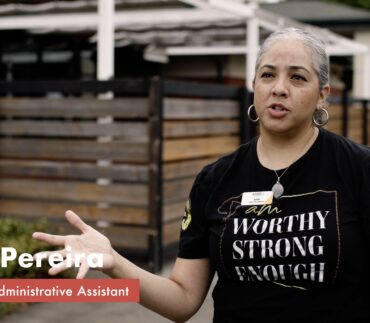When we launched our new initiative to support leaders of color in education, we knew the name had to do more than sound good—it needed to feel right. Not just to us, but to the leaders at the heart of the work.
We started with “Rise.” It had power. It brought to mind strength, perseverance, even poetry—Maya Angelou’s Still I Rise. But in the end, that was the problem. “Rise” implies a struggle. It implies something to overcome, again. For a group of leaders of color who are already doing the hard work of navigating and transforming unjust systems, “rise” felt too close to a familiar weight: the endless expectation to push uphill.
What felt better—what felt truer—was Evolve.

Evolve signals growth, movement, transformation—not as a fight, but as a flow. Not a destination, but a journey.
Evolution is constant. It’s natural. It happens because of what already exists, not in spite of it. That resonated with our team and partners. Evolve signals growth, movement, transformation—not as a fight, but as a flow. Not a destination, but a journey. That’s what we’re after: a future where leaders of color don’t have to carry the extra burden of navigating racism and exclusion to do their jobs. A future where they can thrive.
We eventually landed on a phrase that helped sum it up: Evolve: Thriving Equitable Systems.


There’s nuance in that wording. We’re not just trying to build better systems—we’re trying to support the people within them. Because systems aren’t neutral. Our current education system is doing exactly what it was designed to do—and that includes producing inequitable outcomes. So we don’t just want systems that are “thriving,” if that means maintaining the status quo. We want systems that equitably support thriving—for BIPOC students, families, and the educators who serve them.
That’s the spirit behind Evolve. It’s about moving beyond survival and into spaces where leaders of color can do their work with confidence, creativity, and care—without carrying the extra weight of systems not built for them. It’s about shifting culture, not just programs. And it’s a reminder that real change doesn’t always come from pushing harder—it can come from moving differently. From evolving.





